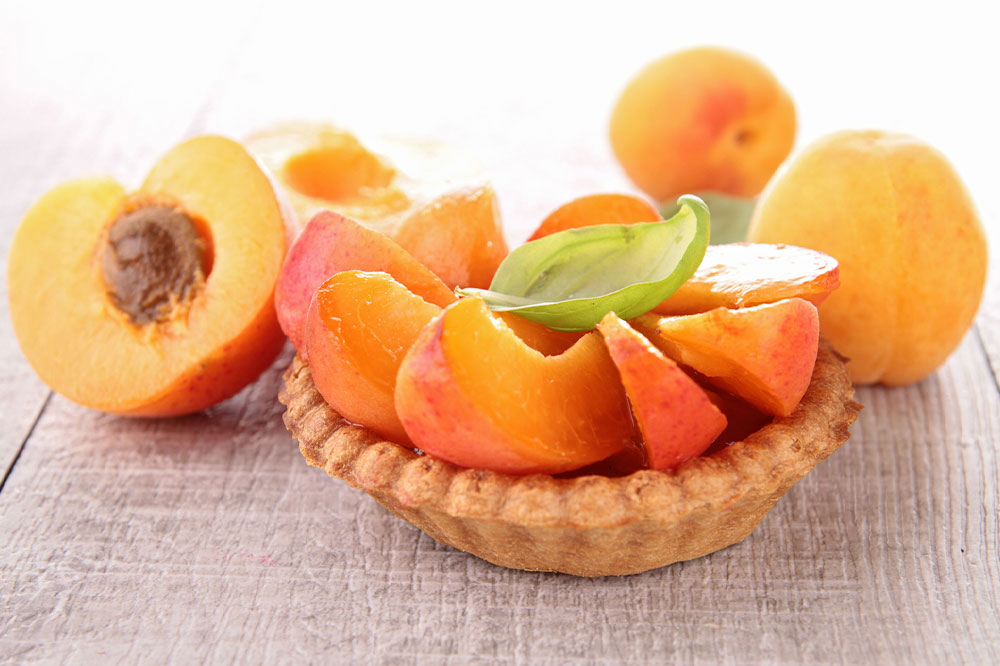Have these 14 foods to manage macular degeneration

Macular degeneration is an eye condition that causes changes in the macula, leading to vision loss. Though there is no cure for this condition, following an eye-healthy meal plan is important in managing complications like vision loss. A nutritional regime for age-related macular degeneration should include healthy amounts of vitamins, minerals, and other nutrients. Some foods that contain eye-healthy vitamins that help manage symptoms of macular degeneration are listed below.
Macular degeneration
Age-related macular degeneration is a primary cause of vision loss among people aged 55 years and above. The condition refers to the deterioration of the central part of the retina called the macula. Symptoms include blurry vision, blind spots, difficulty recognizing faces, visual distortions, and more. Studies indicate that nearly 20 million people in the country live with some form of age-related macular degeneration. This condition occurs in two forms- the dry and the wet form. The dry type occurs when the macula gets thinner with age. This condition gradually progresses over the years. The dry form can advance into the wet type when abnormal blood vessels develop in the back of the eye and harm the macula. The wet type of AMD usually accelerates vision loss.
Leafy green veggies
Dark-green, leafy vegetables are rich in beta-carotene and carotenoids such as lutein and zeaxanthin. Including leafy vegetables such as spinach, kale, and collard greens in your meal plan can increase the pigment density in the macula and potentially slow down age-related macular degeneration (AMD). Also, keep up a healthy intake of cruciferous vegetables such as cauliflower, broccoli, and cabbage, all excellent sources of essential vitamins.
Colorful vegetables
Colorful vegetables such as carrots, red and yellow pepper, pumpkin, and tomato contain carotenoids that contain essential vitamins for the eyes, such as lutein and zeaxanthin. To manage macular degeneration, include all these colorful and eye-healthy veggies on your plate.
Fatty fish
Individuals diagnosed with macular degeneration are advised to add fatty fish such as salmon, tuna, sardine, mackerel, and herring to their meal plan, as these fish contain anti-inflammatory properties that can slow down the advancement of this eye condition. In addition, fatty fish contains high omega-3 fatty acids that can help lower cholesterol, which is also linked to macular degeneration.
Eggs
Meals high in lutein and zeaxanthin may also help decrease the risk of AMD’s progression. Egg yolk has a high concentration of lutein and zeaxanthin that can protect the cells in the macular area.
Citrus fruits
People with AMD should include vitamin C-rich foods in their nutritional regime to slow the condition’s progression. Vitamin C helps build collagen that promotes healthy blood vessels in the eyes. Citrus fruits such as oranges, peaches, and kiwis deliver a good amount of vitamin C.
Beans and legumes
Beans and legumes such as chickpeas, kidney beans, and black-eyed peas are high in zinc, a trace mineral essential for eye health. Zinc helps the body absorb the vitamin A needed to protect the eyes from the damaging effects of light.
Seeds
Seeds contain vitamin E and omega-3 fatty acids essential to regulate cellular functions. You can eat sunflower seeds, chia seeds, or flax seeds as a snack or add a spoonful to salads or smoothies for managing vision problems such as macular degeneration.
Nuts
Consuming nuts can also help individuals with mild macular degeneration avoid developing advanced macular degeneration. Almonds, hazelnuts, peanuts, and walnuts are rich sources of vitamin E, an antioxidant that can combat a wide range of vision problems. Eating a handful of nuts daily is highly recommended to prevent AMD from worsening.
Oysters
Seafood choices, mainly oyster, is one of the best nutrient-rich sources of zinc and can slow the progression of macular degeneration. Avoid grilling or baking shellfish, as doing so can reduce their zinc levels. Instead, steam, boil, or poach oysters to retain their zinc levels.
Sweet potatoes
Regular intake of sweet potatoes is great for the overall health of your eyes. Sweet potatoes are high in vitamin A and beta-carotene, which are known to improve night vision.
Avocado
The nutrients in avocados are beneficial for protecting your eyes from poor vision. This green fruit is loaded with vitamins C, E, beta carotene, and lutein, making it a must-have food for individuals with low vision. You can have sliced avocado for breakfast or add it to salads, dips, soups, or sandwiches.
Whole grains
Whole grains are good sources of zinc, an essential nutrient for regulating cellular functions. People with macular degeneration tend to have low levels of zinc. Eating more foods that contain zinc can reduce the risk of advanced AMD. Add whole grains such as brown rice, quinoa, and barley to your meal plan.
Brussels sprouts
Brussels sprouts are an excellent vegan alternative for omega-3 fatty acids. This little green vegetable contains two essential antioxidants—lutein and zeaxanthin. Make sure to add this vegetable to your meals to support the macular health of your eyes.
Lean meat and poultry
Lean meat and poultry such as beef, turkey, and chicken provide zinc, vitamin A, and other vital minerals for eye health. These nutrients in lean meat help nourish the retina and are healthy nutritional options for people with low vision. However, lean meat has to be consumed in moderate amounts and as part of a varied nutritional regime.
To reap the benefits of these superfoods, one must include them in the meal plan at least three to four times a week. Besides consuming a meal with the right vitamins and nutrients, avoiding foods high in saturated fats and sugar is extremely important. The food you eat plays a significant role in your eye health; therefore, it is essential to have a well-balanced and healthy meal plan containing foods that can help manage the symptoms associated with macular degeneration. However, it is also important to seek the advice of a nutritional expert before making changes to your meal plan if you are experiencing any other underlying health conditions.
















